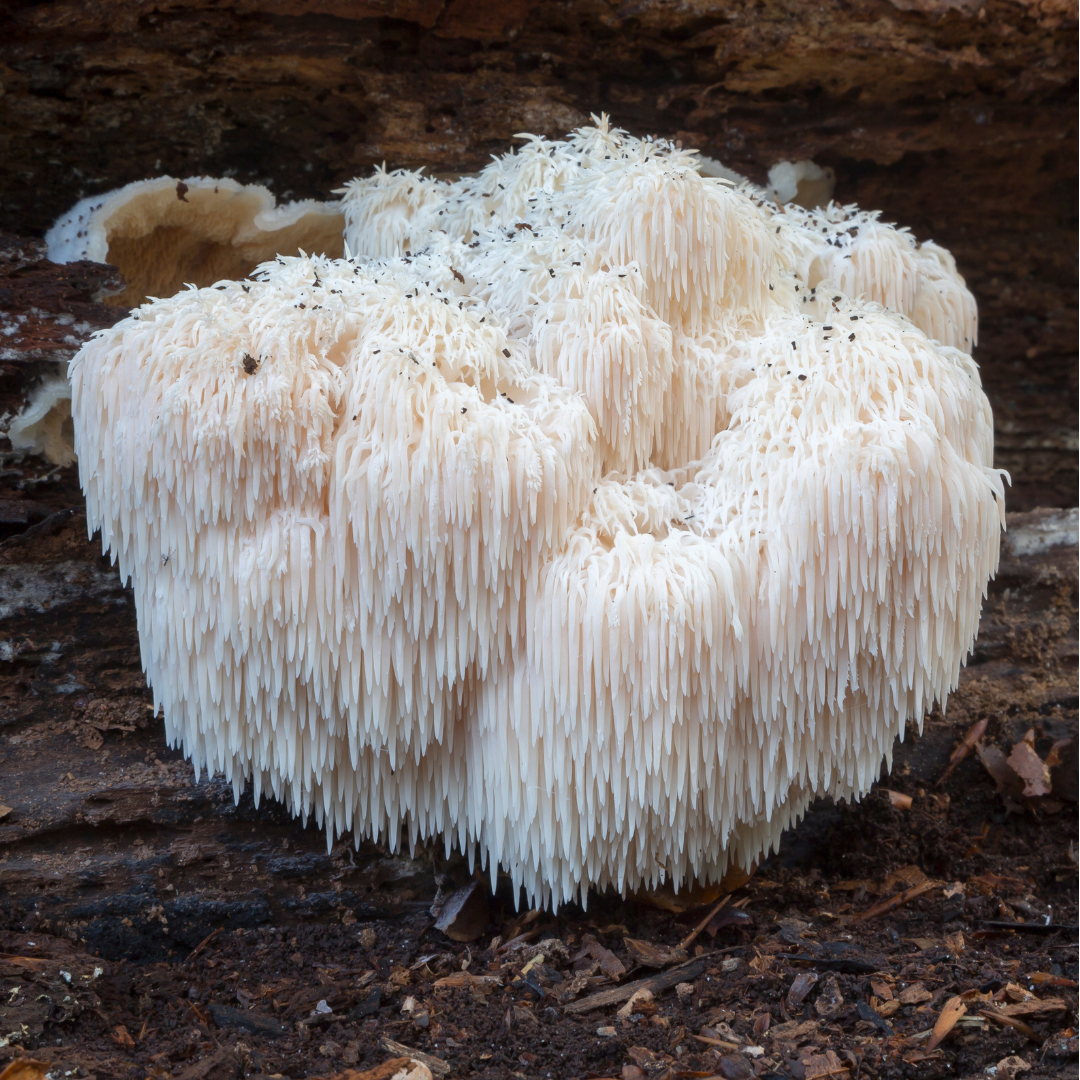
Read time: 2 min
The intricate connection between the gut and the brain, known as the gut-brain axis, is a fascinating area of research with profound implications for overall health. In this blog post, we delve into the scientific nuances of the gut-brain connection and explore how mushrooms emerge as key players in nurturing this symbiotic relationship.
The Gut-Brain Axis Unveiled
Research from the National Center for Biotechnology Information (NCBI) reveals the complexity of the gut-brain axis, a bidirectional communication network between the gastrointestinal tract and the central nervous system. This intricate web of signals involves neurotransmitters, hormones, and the microbiota, influencing not only digestive processes but also cognitive functions and mood.
Mushrooms and the Microbiota
The gut microbiota, a diverse community of microorganisms residing in the digestive tract, plays a pivotal role in the gut-brain axis. Recent studies, such as those published in the journal Nutrients, highlight the prebiotic properties of certain mushrooms, promoting the growth and activity of beneficial gut bacteria.
Mushrooms, particularly varieties like shiitake and maitake, contain polysaccharides that serve as fuel for beneficial bacteria, fostering a balanced and resilient microbiota. As the microbiota thrives, so does the communication between the gut and the brain.
Neurotransmitters and Mood Regulation
The influence of mushrooms extends to neurotransmitters, the chemical messengers that regulate mood and cognitive function. A study in the Journal of Medicinal Food suggests that certain compounds found in mushrooms, such as beta-glucans and ergothioneine, may modulate neurotransmitter levels, potentially contributing to mood stability.
Understanding this connection opens avenues for exploring mushroom-infused recipes as a delicious strategy to support mental well-being. Incorporating these fungi into meals may offer a subtle yet impactful contribution to mood regulation through the gut-brain axis.
Anti-Inflammatory Properties and Cognitive Health
Chronic inflammation in the body is associated with various health issues, including cognitive decline. Mushrooms, with their anti-inflammatory properties, as highlighted in research from the journal Food and Chemical Toxicology, may play a role in protecting the brain from inflammation.
Studies suggest that compounds like antioxidants and polyphenols in mushrooms could contribute to cognitive health by reducing oxidative stress and inflammation. This further underscores the potential of mushrooms as a holistic approach to supporting brain function.
Conclusion:
The gut-brain connection is a dynamic interplay that significantly influences our well-being, and mushrooms emerge as a key player in nurturing this intricate relationship. Backed by scientific research, this exploration of mushrooms' impact on the gut microbiota, neurotransmitters, and anti-inflammatory responses invites us to embrace these fungi as not only culinary delights but also as allies in promoting a healthy and harmonious balance between our gut and brain.






